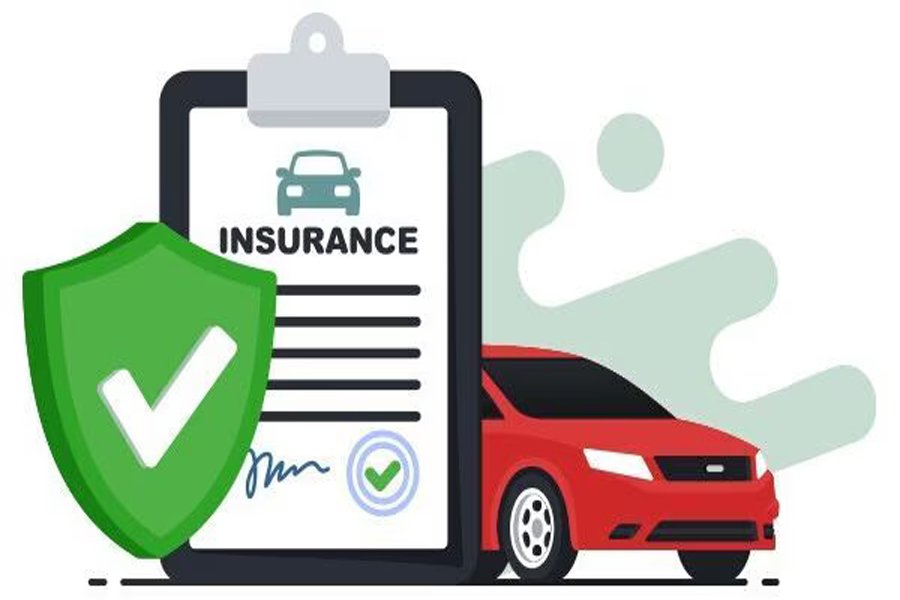What is auto insurance?
When purchasing or leasing a vehicle, safeguarding that investment is crucial. Obtaining auto insurance provides peace of mind in the event of an accident, theft, vandalism, or damage caused by natural disasters. Rather than covering expenses directly for auto-related incidents, individuals pay annual premiums to an auto insurance provider, which subsequently covers a significant portion or all of the costs related to an accident or other forms of vehicle damage.
Auto insurance is a contract between you and the insurance company that protects you against financial loss in the event of an accident or theft. In exchange for your paying a premium, the insurance company agrees to pay your losses as outlined in your policy.
Get Quote
